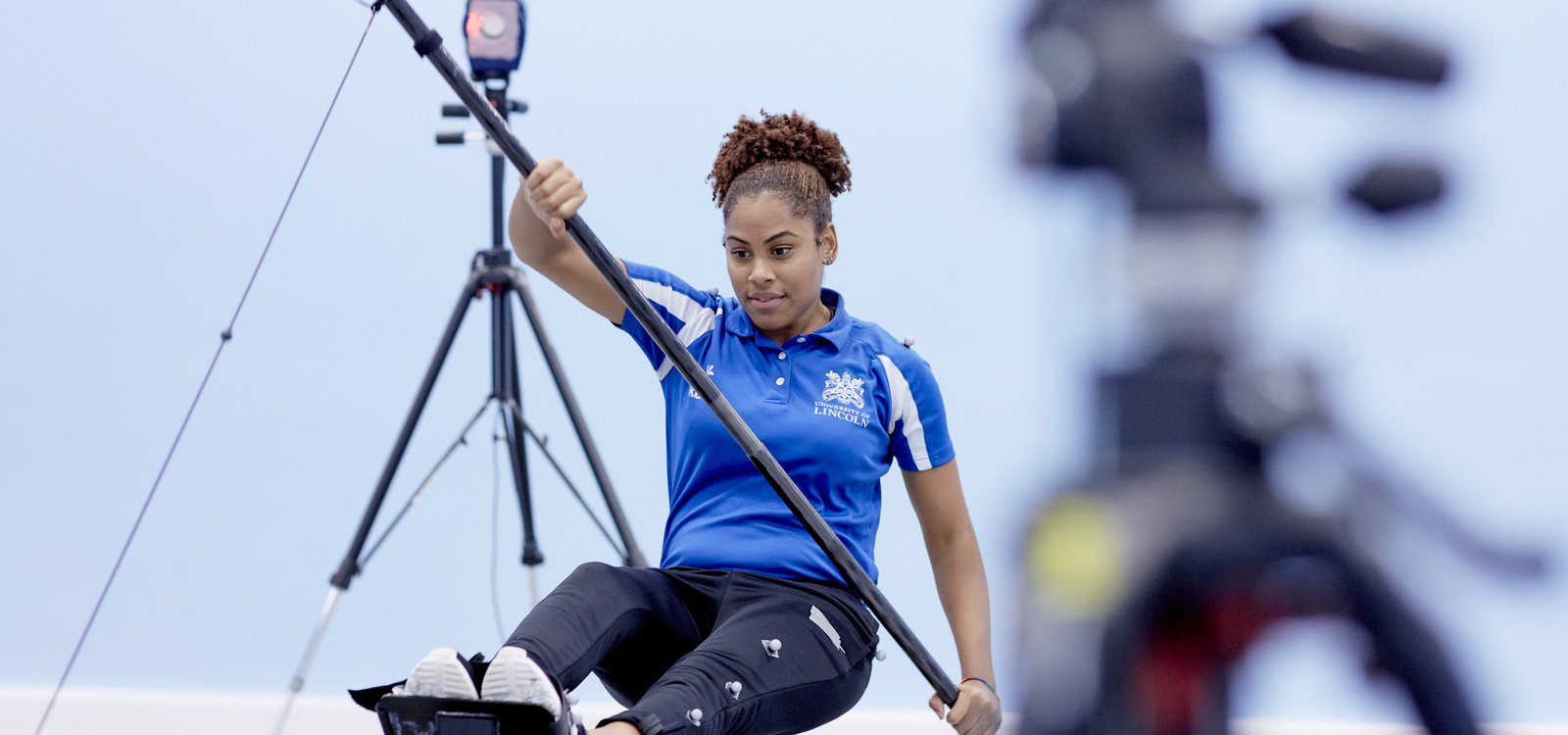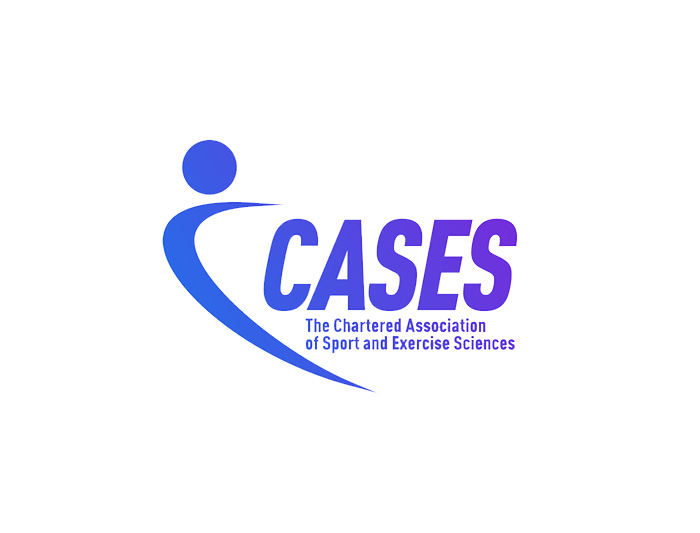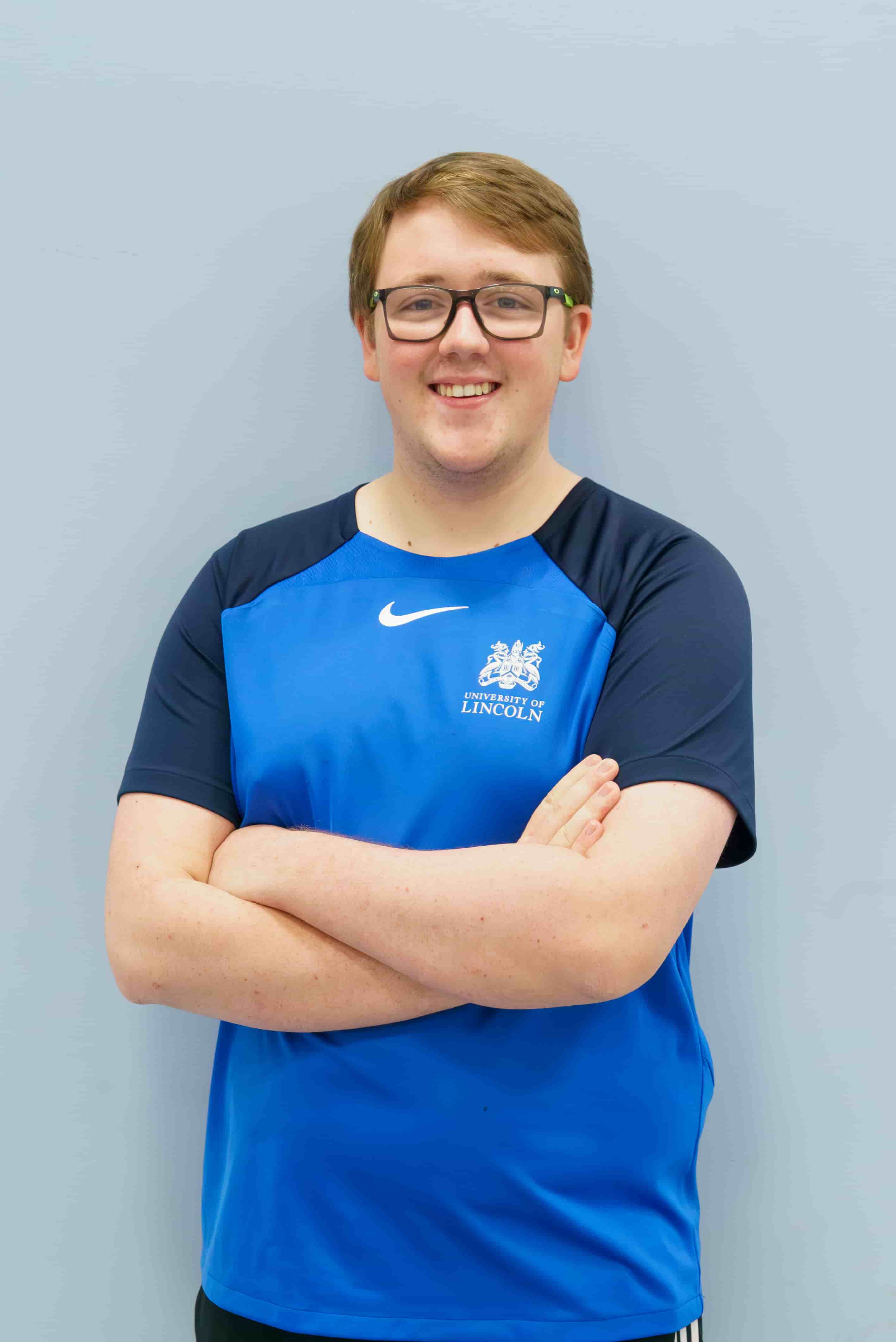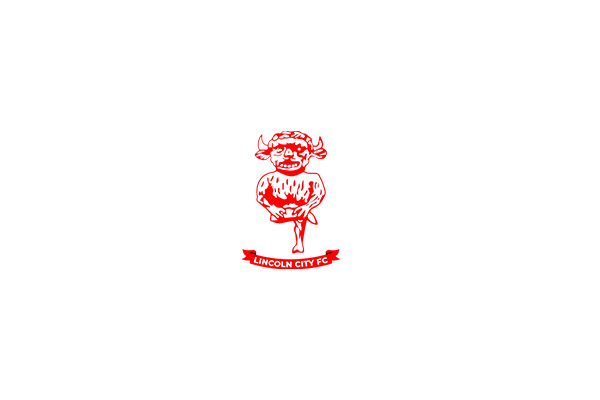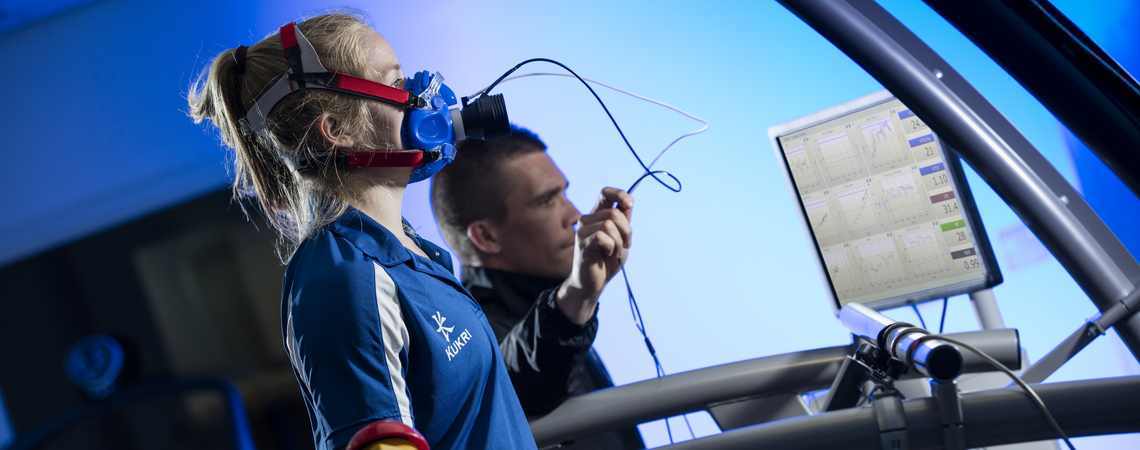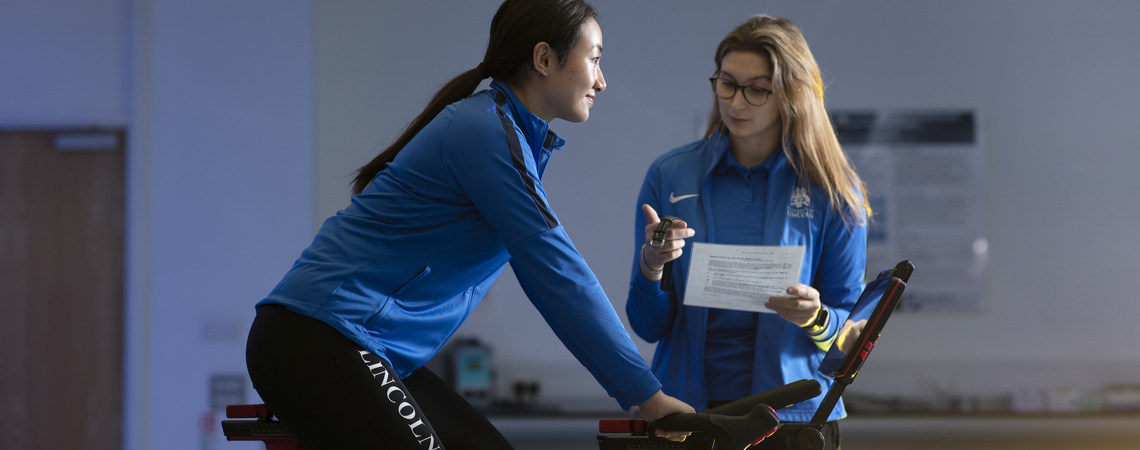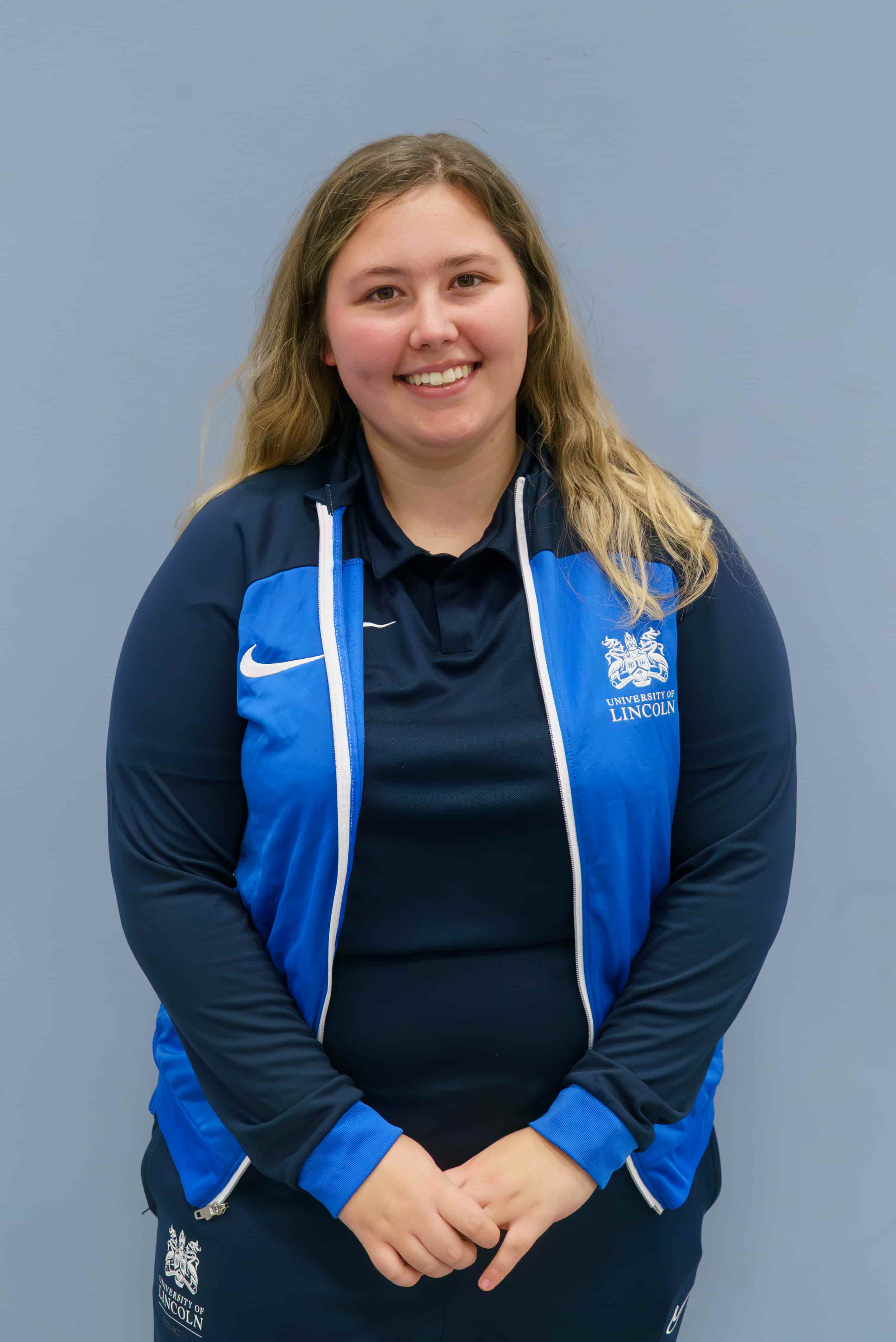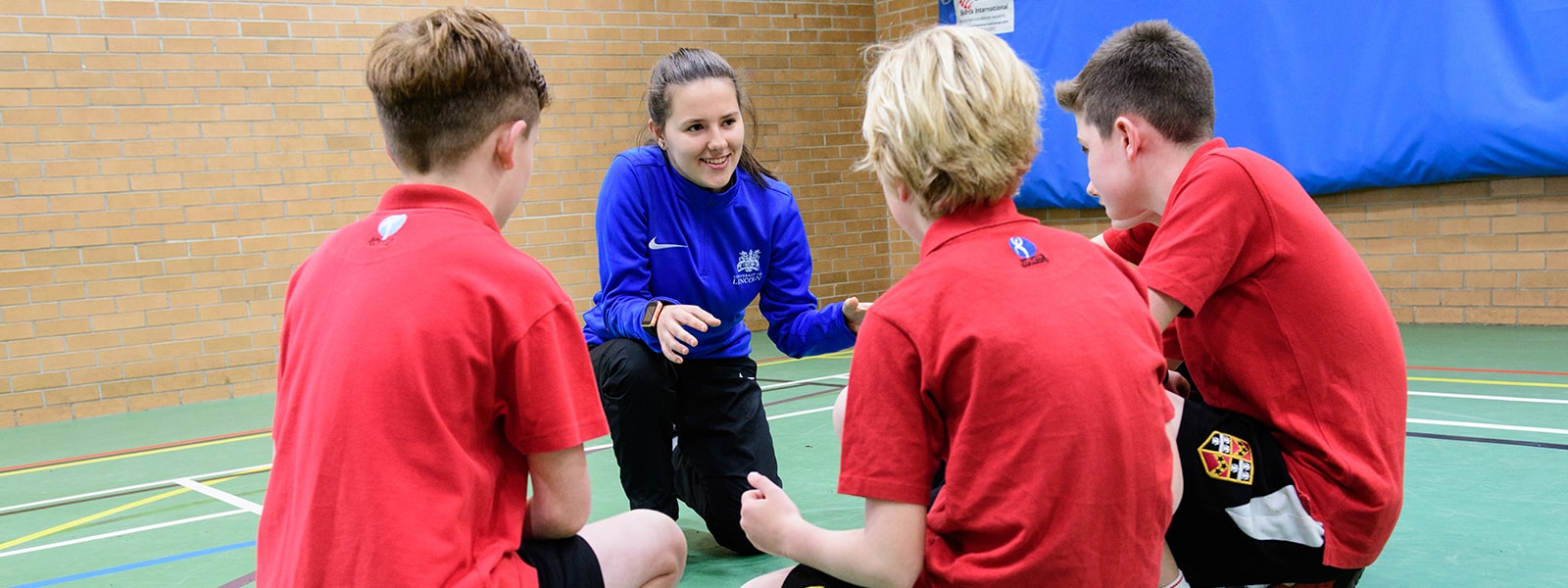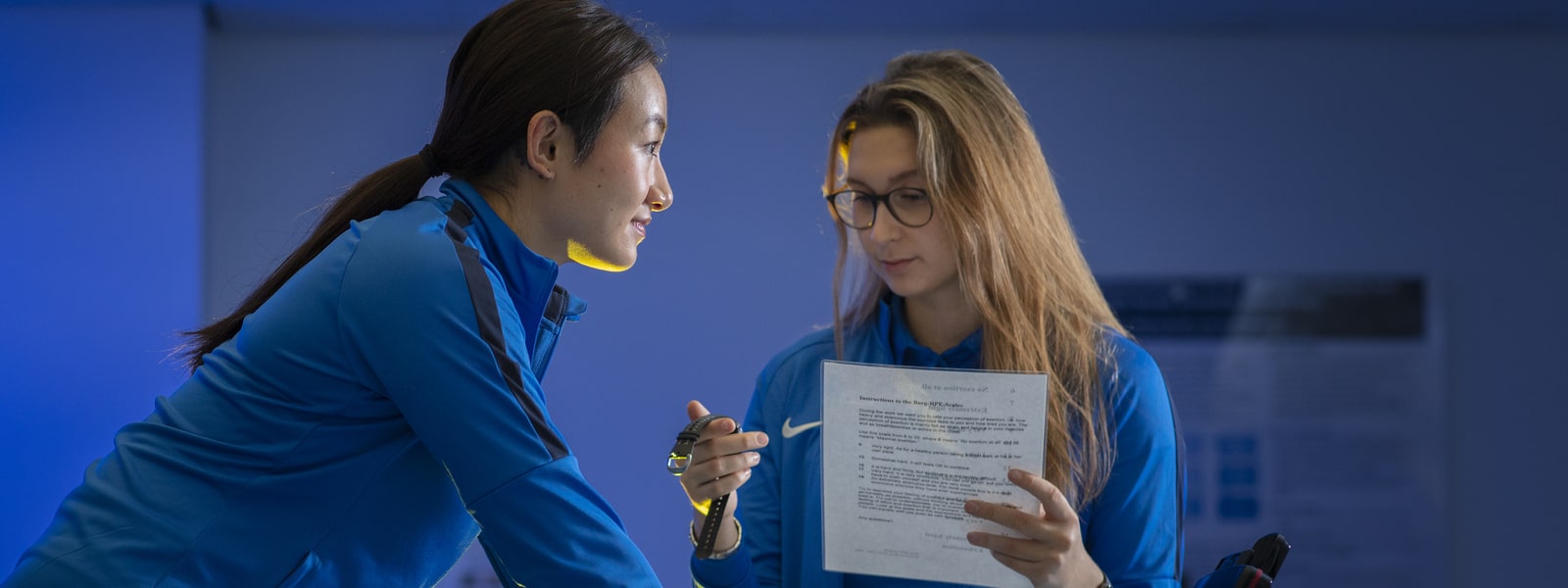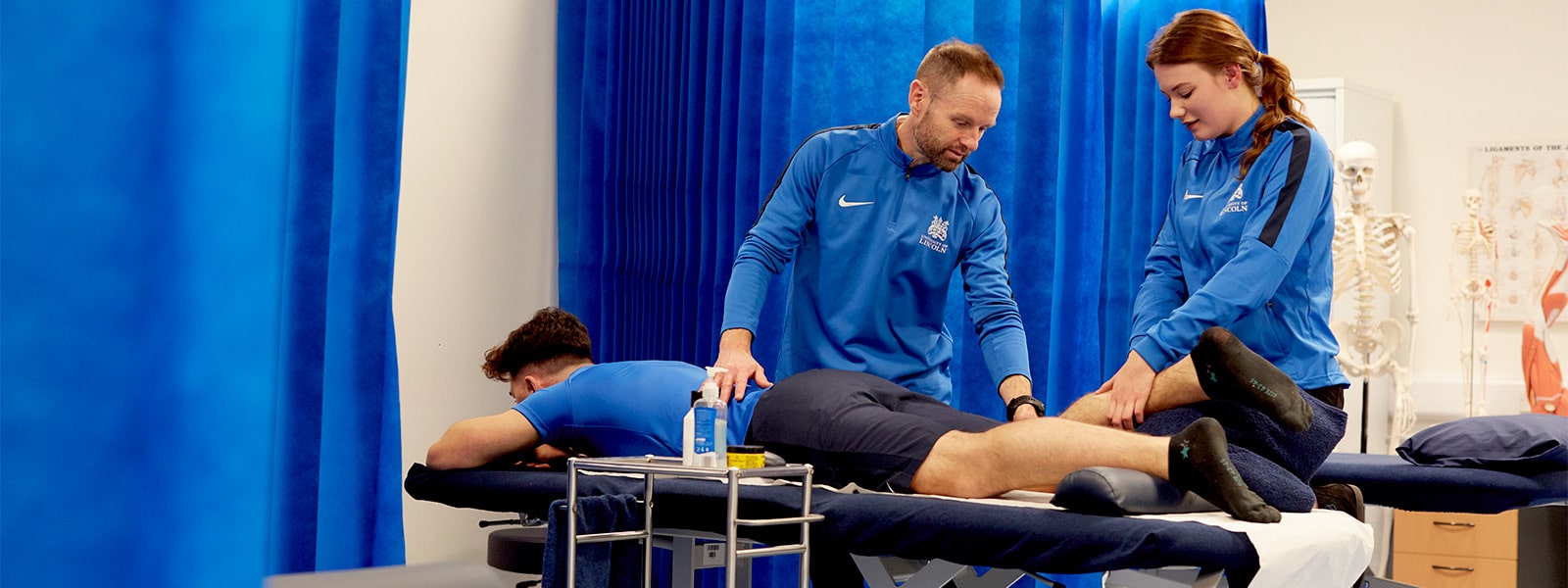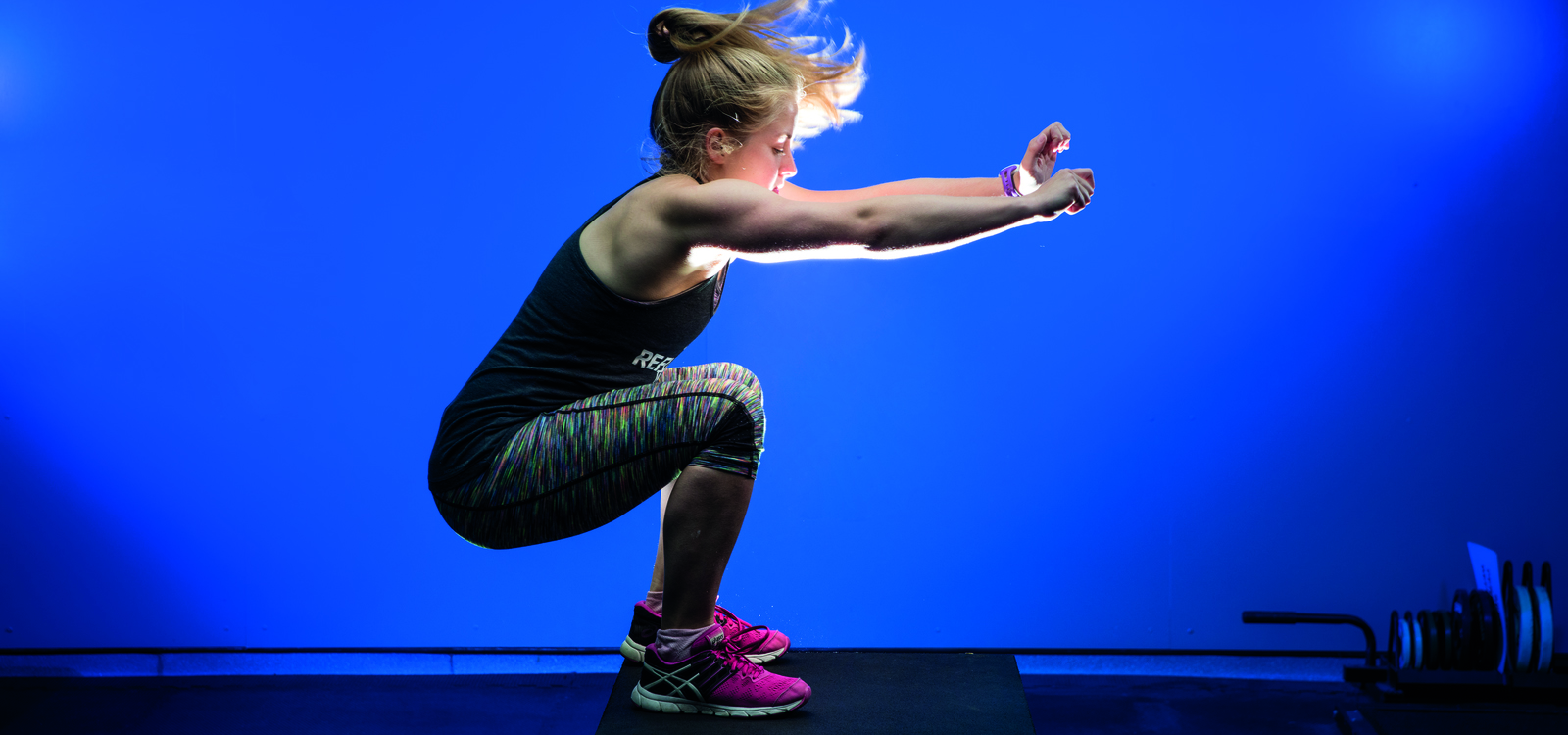Module Overview
This module aims to showcase how research is applied in practice, in policy and in the context of the Sustainable Development Goals (SDG) and social responsibility. In lectures, students will be introduced to examples of how research is applied in the workplace, how research is used to shape policy, and how research relates to the SDGs and social responsibility. In parallel, a series of workshops will teach students to apply this knowledge. This module develops the following Skills for Life: global mindset, leadership & influence, active learning, critical thinking, solving complex problems and equality & inclusion. Specifically, on this module, students will develop their global mindset and leadership & influence through considering how research is applied in a global context, including contributing to the SDGs and writing for a general audience. By developing a dissertation proposal, students will be active learners, required to think critically and solve complex problems while centring equality and inclusion.
Module Overview
This module aims to use pathophysiology and epidemiology to examine the relationship between physical activity, sedentary behaviour, physical fitness, and health. Students can learn both the risks and benefits of physical activity and exercise, understanding the contraindications to exercise for a range of special population groups. Students will be supported in areas such as the measurement of health-related fitness for at-risk individual and make suitable recommendations for exercise to benefit health. The specific objectives of the module are to: (1) establish an understanding of the dose-response relationship between physical activity, sedentary behaviour, physical fitness and health; (2) develop an understanding and knowledge of key health problems and their pathophysiology; (3) provide the required knowledge to conduct safe and effective screening and pre-exercise assessment for sedentary individuals; and (4) develop an understanding of how to produce suitable exercise recommendations for specific individuals.
Module Overview
This module aims to enable students to develop both their knowledge and application of more advanced biomechanical principles that underpin human movement. It will involve the delivery of applied theoretical concepts with specific application to common sporting movement patterns. It will involve advanced practical data collection and analysis techniques, with emphasis on data handling and interpretation to assess biomechanical theories that are fundamental to sporting performance. Students will typically develop skills in critical thinking, active learning, digital and data literacy, and curiosity.
Module Overview
This module will build on the foundations of human nutrition introduced at Level 4 and encourage students to develop and apply theoretical understanding and practical skills to nutritional support with a range of clients with specialist requirements based on health status or athletic requirements. The content will explore key nutritional interventions in terms of empirical support, client relevance, safety and practical application and include exploration of monitoring and evaluation techniques. Key life skills developed throughout this module include curiosity, digital and data literacy, leadership and influence, and persuasion and negotiation.
Module Overview
This module aims to enable students to consolidate and expand their knowledge of the foundations of sport physiology, developed at Level 1 by encouraging the application of the fundamental principles of anatomy and physiology. Students will learn how physiological assessments are used to evaluate sporting performance and they will undertake a range of practical assessments related to key performance-related components of fitness. The specific objectives are to: (1) develop theoretical understanding of sports specific components of fitness; and (2) improve independent proficiency in monitoring, assessing, and evaluating physiological performance using underpinning theoretical knowledge.
Module Overview
This module aims to enable students to develop knowledge and application of strength and conditioning practices. Building on the foundations provided by the core Strength and Conditioning module there will be an increased emphasis on the theoretical underpinning to neural, molecular and structural adaptations and application to variety of training modalities. Students will typically develop skills and competencies in assessing/testing individuals, developing competency to coach advanced lifting techniques such as Olympic lifts, utilising a variety of training modalities to improve athlete performance and planning, conducting and delivering coaching sessions.
Module Overview
This module will facilitate a deeper level of knowledge, understanding and critical awareness in key areas of health and exercise psychology. Through the evaluation and critical appraisal of behaviour change approaches/models, theories, and research evidence, students on this module will consider how knowledge is developed and applied in the context of physical activity/exercise promotion and maintenance. Students will be required to challenge existing knowledge and best practice across developing and topical lines of research, which will foster skills such as critical thinking, curiosity, and open-mindedness.
Module Overview
This optional, year-long module enables students to spend a year studying abroad at one of the University’s approved partner institutions. Eligible students must have completed their second year of study to a satisfactory standard and successfully completed the application process for the year abroad. During the year spent abroad, students share classes with local students and study on a suite of locally-delivered taught modules which have been approved in advance by the University. Upon their return, as part of the assessment for this module, students are required to critically reflect upon their experience of living and studying in a different cultural environment and the skills acquired.
Module Overview
This module aims to enable students to develop knowledge and application in the area of data collection strategies to monitor and analyse sporting performance. It will involve the delivery of theoretical underpinning and field-based performance analysis strategies and their application to assessment of practical sport. Students will typically develop skills and competency in using specialist equipment and software and communicating data through a variety of formats. Students will typically develop skills in critical thinking, active learning, digital and data literacy, and curiosity.
Module Overview
This module will facilitate a deeper level of knowledge, understanding and critical awareness in key areas of sport and performance psychology. Through the evaluation and critical appraisal of core concepts, theories, and research evidence, students on this module will consider how knowledge is developed and applied to aid performance and psychological outcomes in sporting contexts. Students will be required to challenge existing knowledge and best practice across developing and topical lines of research, which will foster skills such as critical thinking, curiosity, and open-mindedness.
Module Overview
This module aims to create a valuable opportunity for students to gain important insights and improve their skills and prospects relevant to employment or further study (i.e. within psychology, sports science, therapy, rehabilitation or related subject areas) by undertaking relevant work experience.

